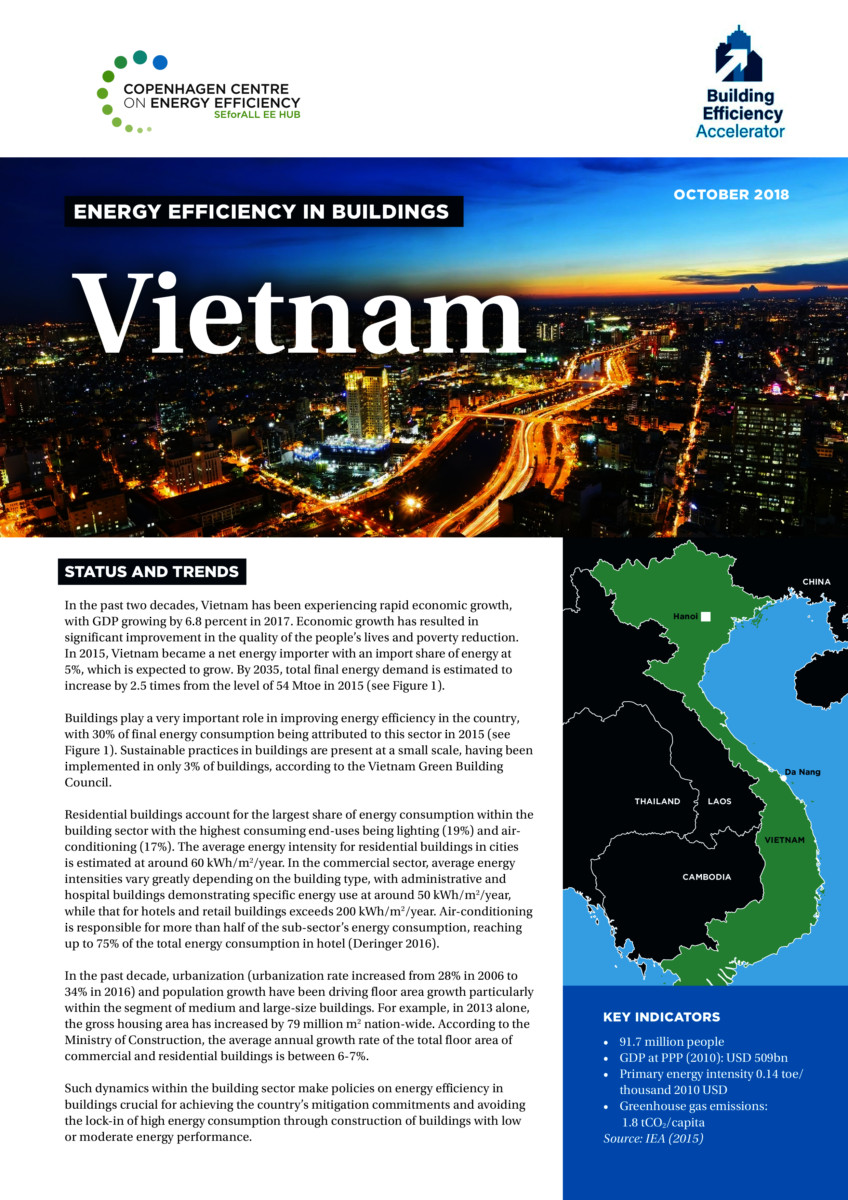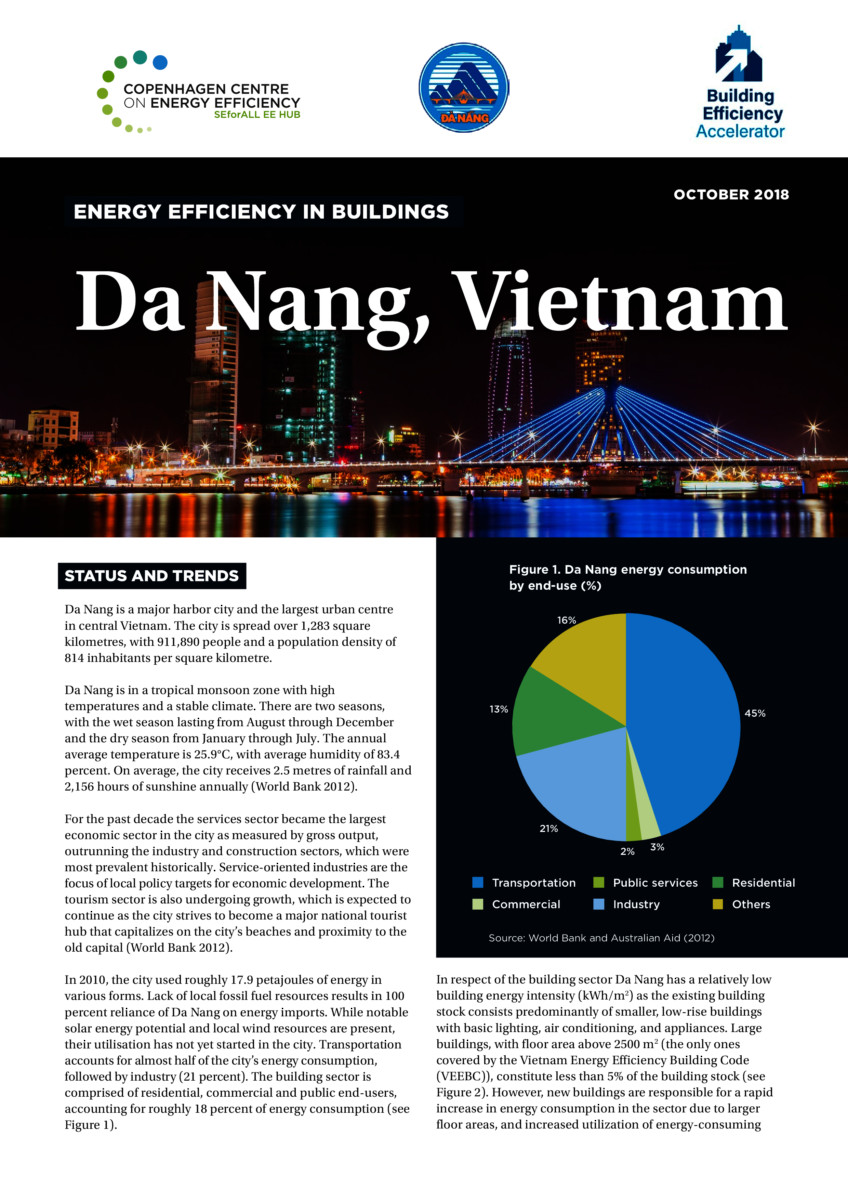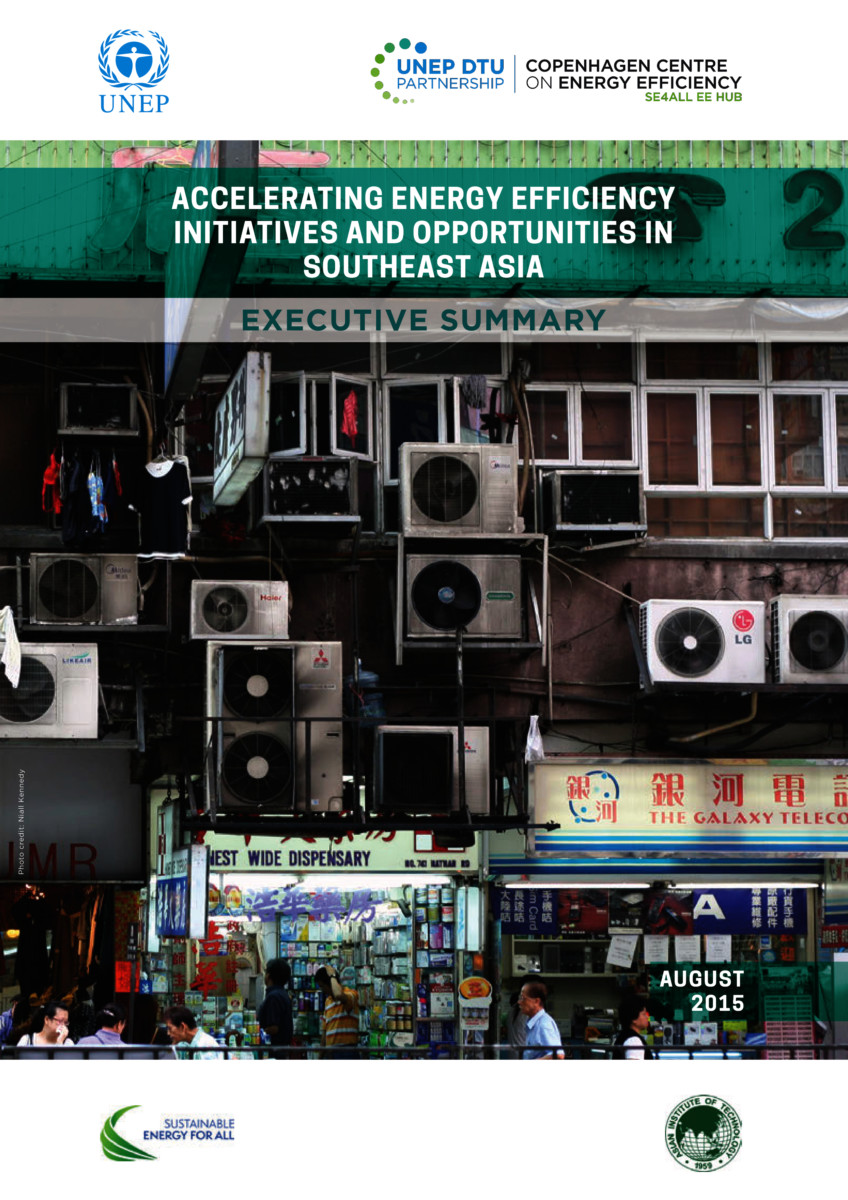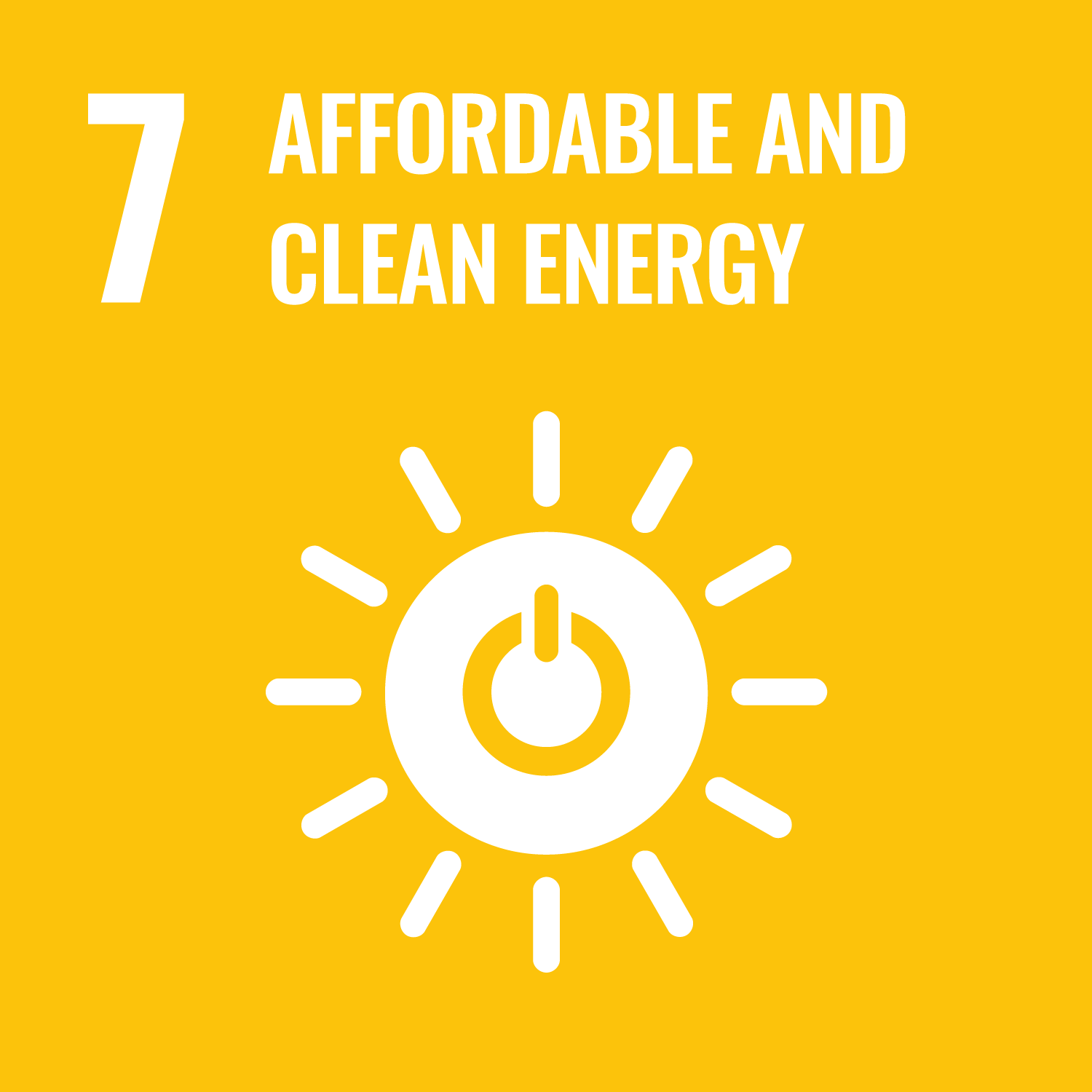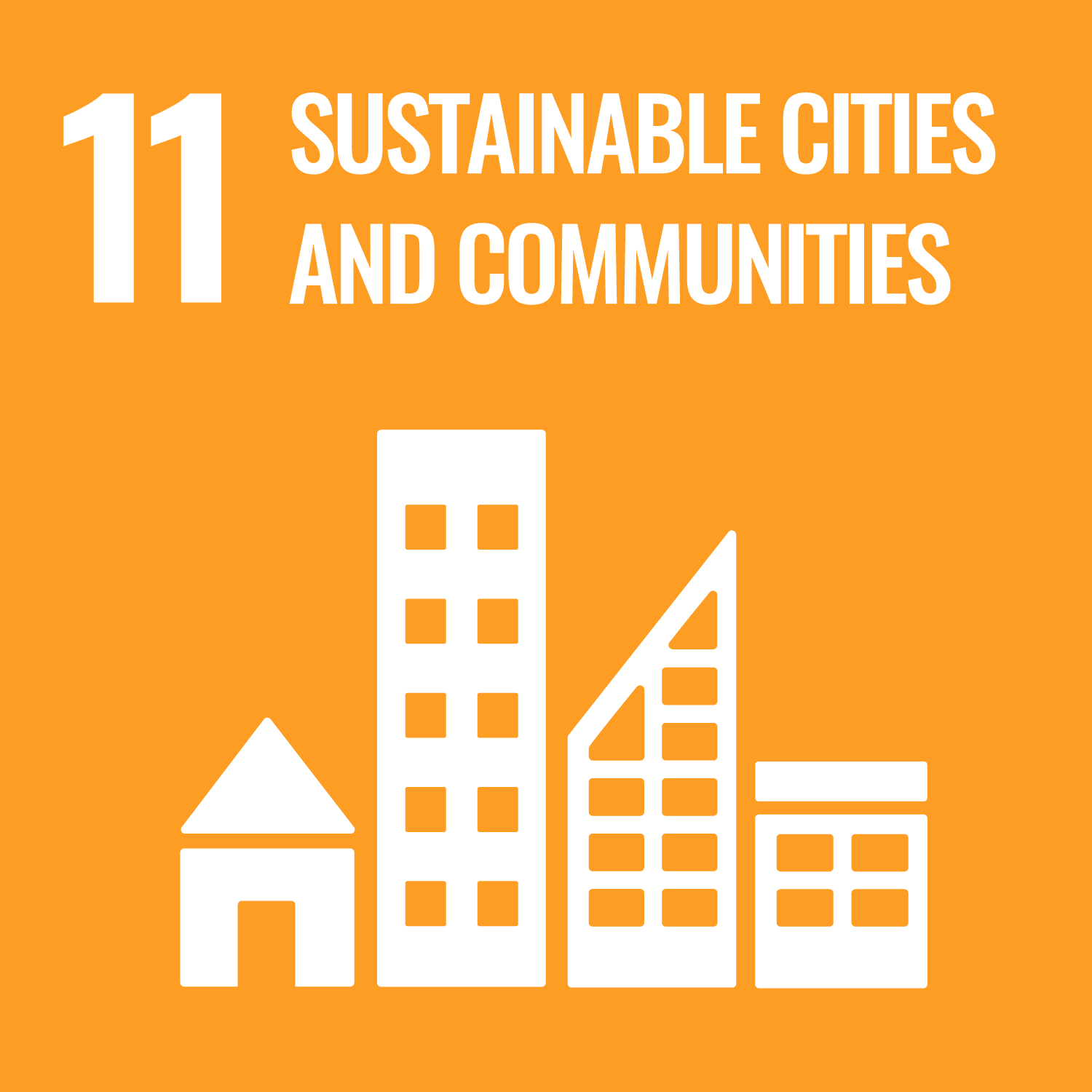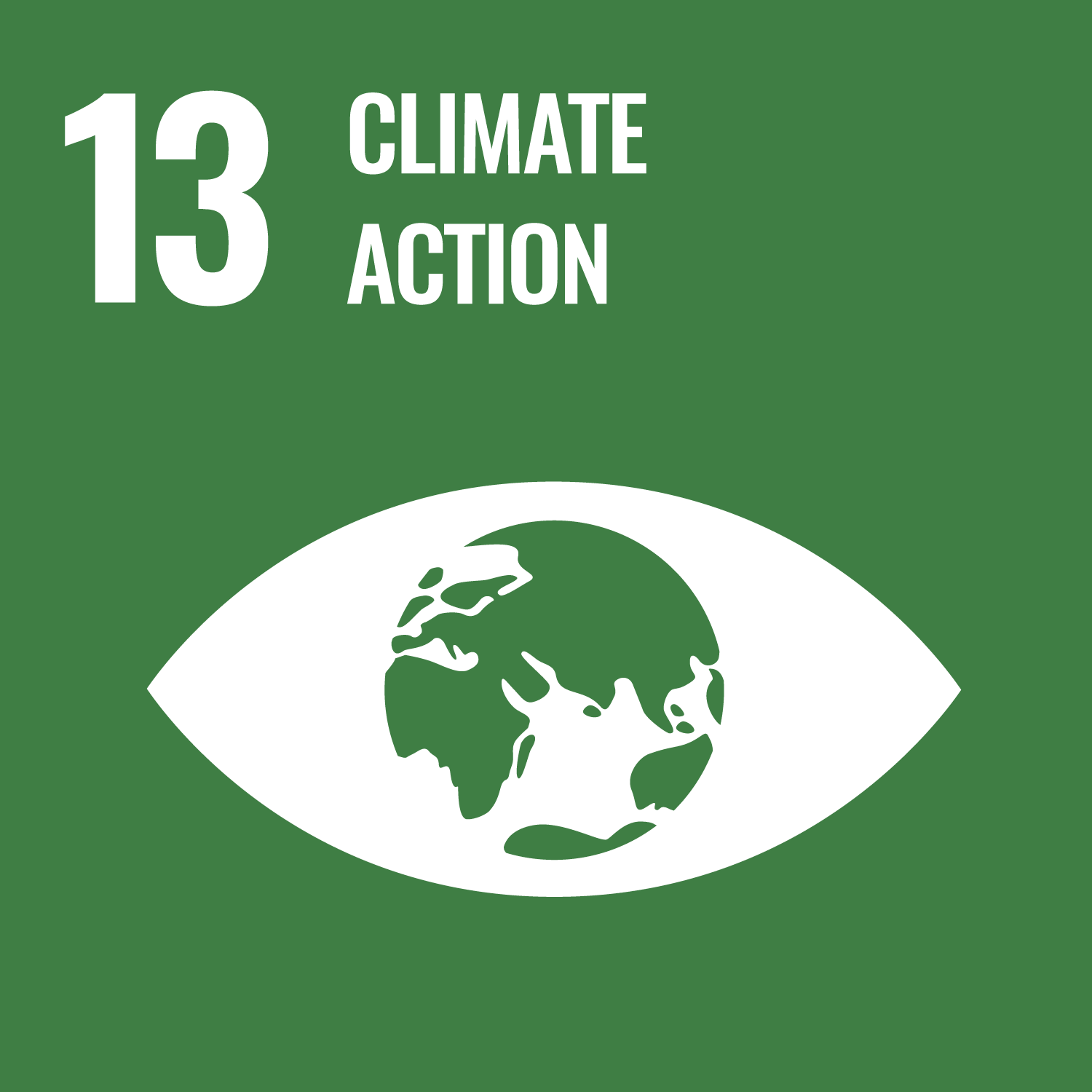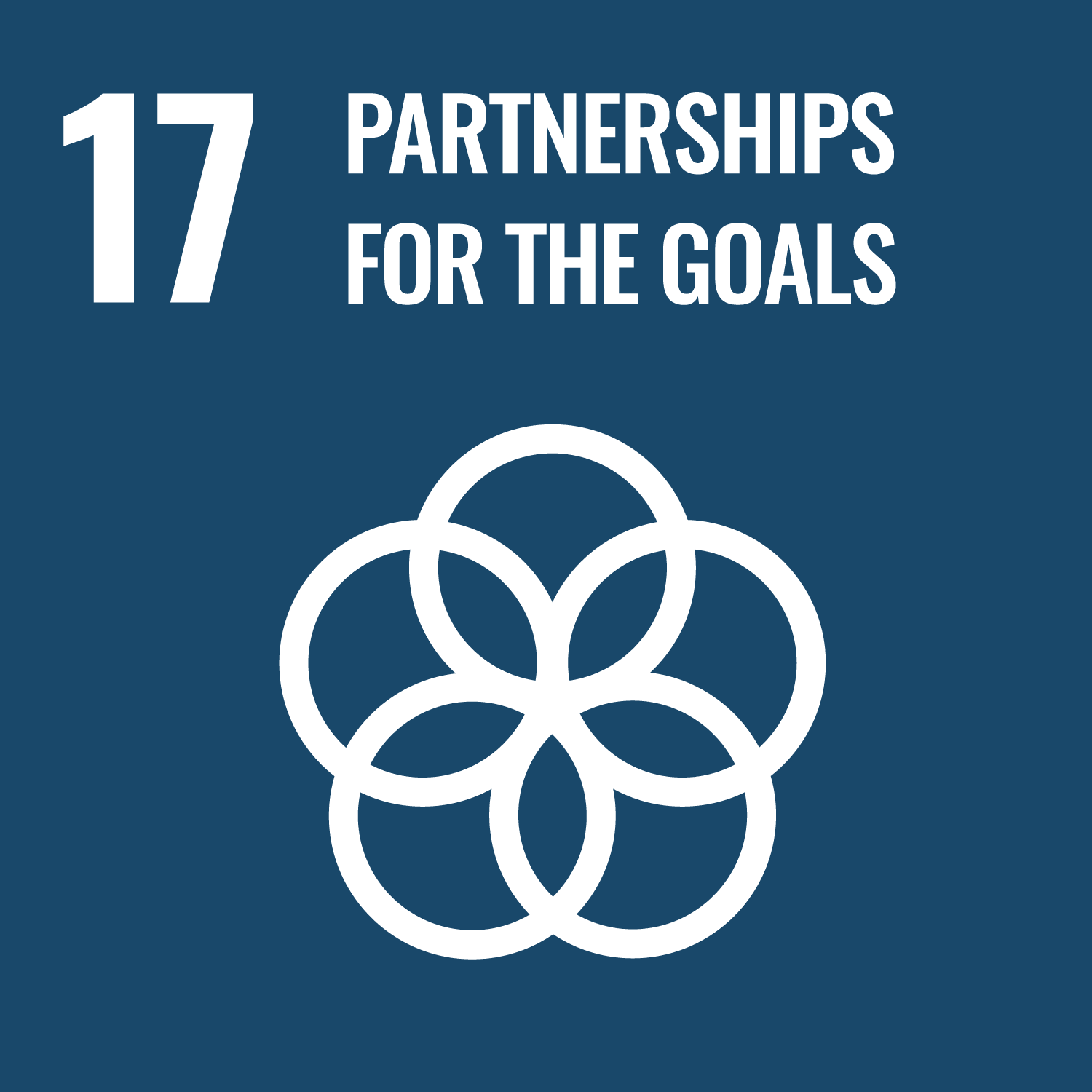Why Vietnam?
Vietnam’s rapid urbanization and economic growth are significantly increasing cooling demand in cities, leading to a surge in power consumption and refrigerant use. This trend is projected to raise emissions from cooling from 34 MTCO2.eq in 2017 to 81 MTCO2.eq by 2030. Furthermore, the urban heat island effect (UHIE) is intensifying as cities replace natural land cover with dense concentrations of pavement, buildings, and other surfaces that absorb and retain heat, further escalating cooling needs. Early action to curb these emissions is a priority for Vietnam, as emphasized in its updated Nationally Determined Contribution (NDC), which aims for a net-zero economy by 2050. Additionally, Vietnam’s commitment is reinforced by its participation in the Global Cooling Pledge with a target to reduce emissions from the cooling sector by 68% by 2050 compared to 2022 levels. Although comprehensive interventions for cooling and extreme heat are crucial, they are currently underdeveloped in existing policy frameworks.
The task aims to carry out a technical analysis to identify the leading factors for the Urban Heat Island Effect (UHIE) in the city and provide strategic interventions that can be undertaken in order to reduce the impacts on the residents. Solutions to counter rapidly rising cooling demand and associated environmental and economic impacts.
Pilot projects
Can Tho, located in the Mekong Delta, and Tam Ky, in the central coastal region, have been selected as pilot cities as part of the ongoing cooling project. In each city, several projects have been identified through site visits by the project team and consultations with key local stakeholders. These projects range from upgrades to existing individual buildings, to large-scale greenfield developments, with the primary focus of this being defining and implementing interventions aimed at reducing cooling demand in buildings, while also promoting energy-efficient solutions to meet those demands.
In Can Tho, the New Urban Area and IT Park, managed by the city’s Development and Investment Fund, has been selected for the development of a pre-feasibility study. This project is under development and will cover a total area of 72 hectares, with 20 hectares dedicated to IT and technical companies and 52 hectares designated for service buildings, which include residential housing (with provisions for social housing), educational facilities, office spaces, and shopping centres. To achieve sustainable and energy-efficient outcomes, several cooling solutions have been recommended for this development. These include:
- Exterior Landscaping: Creating wind corridors to promote natural ventilation, tree shading for pedestrian pathways, and the incorporation of green spaces throughout the development etc.
- Passive Solutions: Implementing features like green roofs, exterior shading devices, and energy-efficient windows (such as low-emissivity or LOW-E glass) to reduce heat gain.
- Active Solutions: Utilizing high-efficiency fans, air conditioning systems, and environmentally friendly refrigerants to ensure optimal energy performance and reduce the environmental impact of cooling.
These measures are designed to not only enhance the livability of the new urban area but also demonstrate scalable, sustainable cooling solutions that can be applied to other developments across Vietnam.
Partnerships
Capacity-building and awareness-raising
As part of the ongoing efforts to address urban cooling in Vietnam, Urban Cooling Action Plans (UCAP) are being developed for the cities of Can Tho and Tam Ky. Preliminary findings and the local context were presented to key stakeholders during two dedicated workshops held in each city. These workshops aimed not only to gather valuable feedback but also to raise awareness about sustainable cooling solutions among local authorities and communities.
A final workshop is currently being planned to present the completed Urban Cooling Action Plans to both cities, ensuring that stakeholders are fully informed of the final results and recommendations, paving the way for future implementation.
Share this
Country / Region: Vietnam

